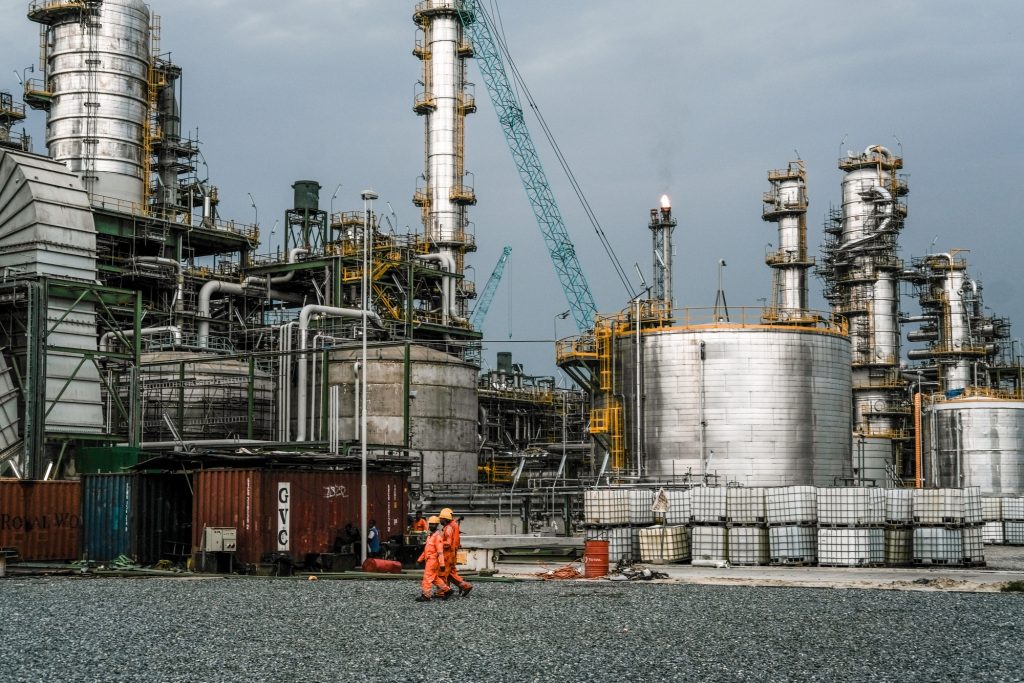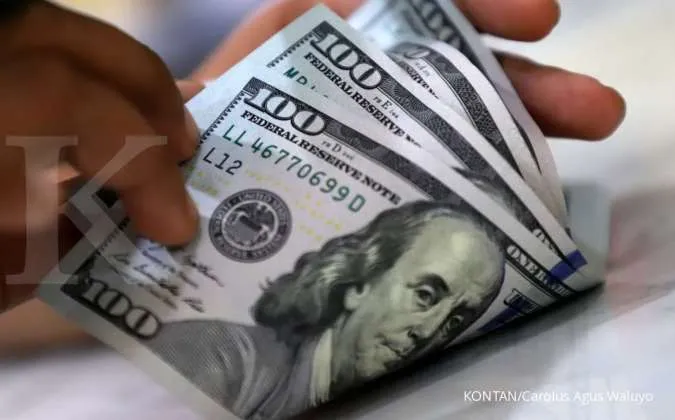Nigerian Petrol Prices: The Role Of Dangote And NNPC

Table of Contents
The NNPC's Influence on Nigerian Petrol Prices
The Nigerian National Petroleum Corporation (NNPC) has historically played a dominant role in the importation and distribution of petrol in Nigeria. Its actions, alongside government policies, have profoundly shaped Nigerian petrol prices for decades.
NNPC's Role as a Major Importer and Supplier
- NNPC's historical dominance in petrol importation and distribution: For many years, NNPC held a near-monopoly on petrol importation, controlling the supply chain from international procurement to local distribution. This dominance significantly influenced pricing.
- Subsidy regime and its impact on petrol prices: The Nigerian government's long-standing fuel subsidy regime, where the government absorbed a portion of the cost to keep prices artificially low, was largely managed by NNPC. This led to significant budgetary implications and created inefficiencies.
- NNPC's operational efficiency and its effects on cost: Questions surrounding NNPC's operational efficiency and transparency have often been raised, impacting the overall cost of petrol and contributing to price volatility. Concerns about potential cost overruns in procurement and distribution are frequently debated.
- Transparency and accountability concerns surrounding NNPC's pricing mechanisms: Lack of transparency in NNPC's pricing mechanisms has fuelled public skepticism and calls for greater accountability in its operations. The absence of clear, publicly available data makes independent price analysis challenging.
- Analysis of NNPC's procurement processes and potential for cost reduction: Scrutiny of NNPC's procurement processes is crucial. Identifying areas for potential cost reduction through improved efficiency and transparency could significantly impact Nigerian petrol prices.
Government Policies and Their Effect on NNPC's Pricing
Government policies have intricately intertwined with NNPC's pricing strategies, leading to fluctuating petrol prices.
- Impact of fuel subsidy removal and its effect on price fluctuations: The removal (and reintroduction) of fuel subsidies has been a major driver of price volatility. Sudden shifts in pricing have often resulted in social and economic unrest.
- Government regulations and their influence on NNPC's pricing strategies: Government regulations, including import quotas and price controls, have directly influenced NNPC's ability to set prices. The balance between government intervention and market forces remains a key debate.
- The interplay between government policies and market forces in determining petrol prices: Understanding the interplay between government intervention and market forces is essential for predicting future petrol price trends in Nigeria. A shift towards deregulation could significantly alter the landscape.
- Analysis of the effectiveness of government intervention in regulating petrol prices: Evaluating the effectiveness of past government interventions is crucial for informing future policy decisions. Analysis should consider both the economic and social consequences of different approaches.
- Discussion on the potential for deregulation and its implications for Nigerian petrol prices: The potential for deregulation and its impact on competition, price stability, and consumer welfare is a critical discussion point. A deregulated market could lead to both benefits and challenges.
Dangote Refinery's Potential Impact on Nigerian Petrol Prices
The completion and operation of the Dangote Refinery represent a significant potential game-changer for Nigerian petrol prices.
Expected Increase in Domestic Refining Capacity
- Dangote Refinery's projected output and its potential to reduce reliance on imports: The refinery's massive production capacity promises a substantial reduction in Nigeria's reliance on imported petrol, potentially easing supply constraints.
- Analysis of the refinery's potential to impact petrol prices through increased competition: Increased competition from the Dangote Refinery could drive down prices by creating a more competitive market. This will depend on the refinery's pricing strategies and overall market dynamics.
- Examination of the logistical challenges of distribution from the refinery: The efficient distribution of refined products from the refinery across Nigeria presents a significant logistical challenge that will influence the final price at the pump.
- Potential for price stabilization due to increased local supply: A substantial increase in local supply could lead to greater price stability and reduce the vulnerability to global oil price fluctuations.
- Assessment of the refinery’s impact on job creation and economic growth: The refinery's impact extends beyond petrol prices, with significant potential for job creation and stimulating economic growth within Nigeria.
Competition and its Effect on the Market
The entry of the Dangote Refinery into the Nigerian fuel market is expected to introduce significant competition.
- The potential for price wars and their benefits to consumers: Increased competition could lead to price wars, benefiting consumers through lower prices at the pump.
- The potential impact on NNPC's market share and pricing power: Dangote's entry will likely challenge NNPC's historical dominance and potentially reduce its pricing power.
- The role of private sector participation in driving down prices: Private sector involvement is crucial for driving competition and efficiency in the fuel market, leading to lower prices for consumers.
- Analysis of the potential for a more competitive and efficient fuel market: A more competitive market is expected to improve efficiency across the supply chain, resulting in better value for consumers.
- Discussion of the long-term implications of increased competition on Nigerian petrol prices: The long-term impact on Nigerian petrol prices will depend on various factors including the efficiency of the Dangote Refinery, government regulations, and overall market dynamics.
Conclusion
The price of petrol in Nigeria is a complex issue shaped by the actions of both the NNPC and the now-operational Dangote Refinery. NNPC's historical dominance and government policies have significantly influenced prices, while the Dangote Refinery presents a potential game-changer by increasing domestic refining capacity and introducing competition. Understanding the interplay between these factors is crucial for navigating the challenges and opportunities in the Nigerian fuel market. The long-term impact of the Dangote Refinery on Nigerian petrol prices remains to be seen, but its potential to increase competition and stabilize prices is undeniable.
Call to Action: Stay informed about developments in the Nigerian fuel sector to better understand the fluctuations in Nigerian petrol prices and the continuing impact of the NNPC and Dangote. Follow industry news and expert analyses to make informed decisions regarding fuel consumption and investment. Monitor Nigerian petrol price trends to anticipate future changes and adjust your strategies accordingly.

Featured Posts
-
 Indonesias Foreign Exchange Reserves Plunge Rupiah Weakness Takes Toll
May 10, 2025
Indonesias Foreign Exchange Reserves Plunge Rupiah Weakness Takes Toll
May 10, 2025 -
 Emergency Mining Ban In Peru A 200 Million Blow To Gold Output
May 10, 2025
Emergency Mining Ban In Peru A 200 Million Blow To Gold Output
May 10, 2025 -
 Evaluating Palantir Following A 30 Market Correction
May 10, 2025
Evaluating Palantir Following A 30 Market Correction
May 10, 2025 -
 Makron I Tusk Podpisanie Oboronnogo Soglasheniya 9 Maya Detali I Posledstviya
May 10, 2025
Makron I Tusk Podpisanie Oboronnogo Soglasheniya 9 Maya Detali I Posledstviya
May 10, 2025 -
 Samuel Dickson Life And Legacy Of A Canadian Lumber Industry Giant
May 10, 2025
Samuel Dickson Life And Legacy Of A Canadian Lumber Industry Giant
May 10, 2025
